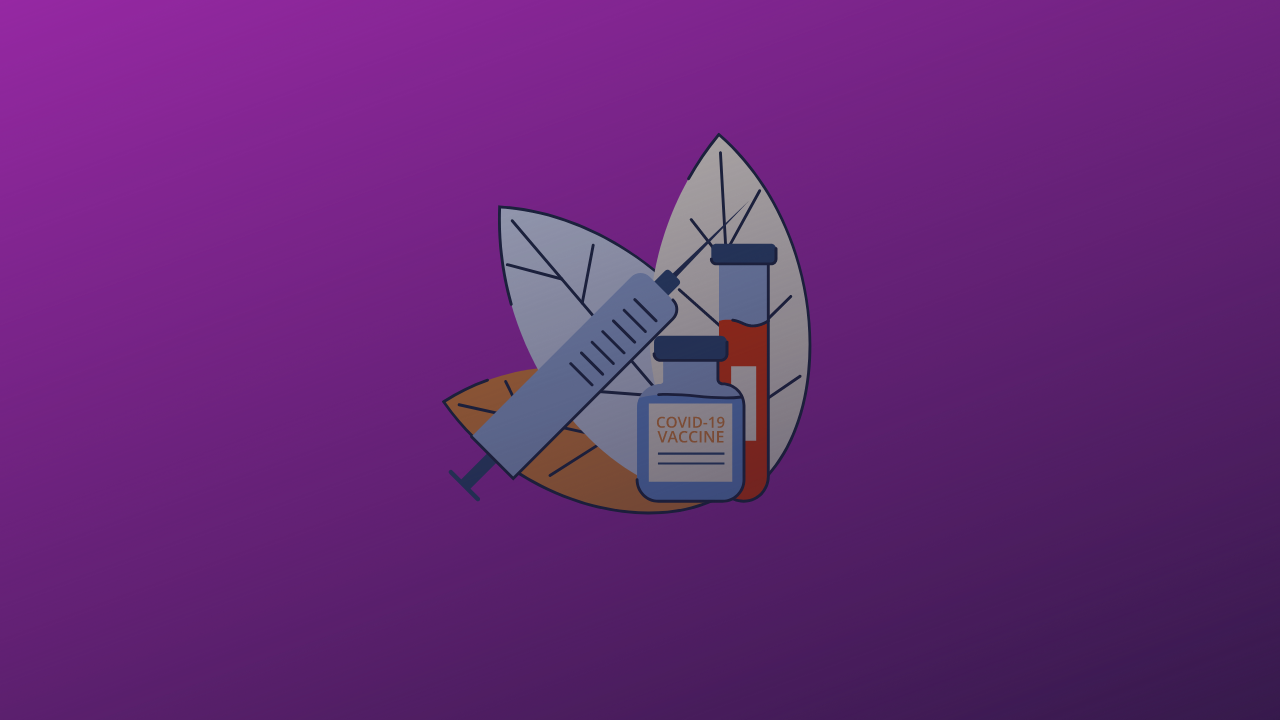A study conducted by the School of Business and Management (SBM) Institut Teknologi Bandung, in collaboration with the University of Malaya (Malaysia) and Universitas Syiah Kuala Banda Aceh, examines COVID-19 vaccine acceptance in Indonesia. The study funded by the SBM ITB International Join Research Grant reveals that perceived usefulness influenced the Covid-19 vaccine acceptance in Indonesia. The more useful a vaccine is perceived, the more likely the respondent is willing to be vaccinated.
The study was conducted by five lecturers and one student, with Taufik Faturohman as the team leader, with the co-researchers Giofella Adesta Navaky Kengsiswoyo (Bachelor of Management Student) Harapan, Suhaiza Zailani, R. Aswin Rahadi, and N.Nurlaela Arief. The researchers administered an online survey using Google Forms to 311 respondents between the first and the fifth of November 2020 when the vaccination programme had not been rolled out in Indonesia.
The study itself used Technology Acceptance Model (TAM) and included four explanatory variables: (1) perceived usefulness; (2) perceived ease of use; (3) perceived religiosity; and (4) amount of information that might affect the acceptance on COVID-19 vaccine.
The survey discovered that the usefulness is an essential factor for communities to accept a vaccine and be willing to be vaccinated. Perceived usefulness refers to the degree to which the individual believes that COVID-19 vaccination could prevent themselves from getting an infection.
Besides, perceived ease of use influenced vaccine acceptance as well. In this study, perceived ease of use refers to the ease and convenience of acquiring the COVID-19 vaccine in Indonesia. Perceived ease of use did not directly influence the COVID-19 vaccine acceptance, however, it did influence the perceived usefulness, influencing vaccine acceptance. In comparison, perceived religiosity did not significantly affect vaccine acceptance.
This study also reported some findings that could help the government identify which demographic groups had low COVID-19 vaccine acceptance. The older community (≥45-year group vs 18-24-years group) and those working as employees and entrepreneurs had lower COVID-19 vaccine acceptance than younger citizens and students, respectively. Single respondents had higher acceptance compared to married respondents.
Interestingly, no significant difference in acceptance scores was observed between the poorest and the wealthiest groups. Gender, educational attainment, and religion had no association with acceptance of a COVID-19 vaccine.
Considering these findings, the government could consider targeting those groups for a mass vaccine campaign to increase vaccine coverage. SBM ITB also recommends that the government create a strategy that focuses on the usefulness and ease of using the vaccine. The perceived usefulness of this vaccine can be shown by using the word “useful”, “helpful”, “protect”, or any other terms indicating that the vaccine is beneficial for the community if they are vaccinated as soon as possible.
Also, since perceived ease of use affects the perceived usefulness, the government needs to ensure that it will be easy for Indonesian citizens to acquire the vaccine. An even distribution of the COVID-19 vaccine for Indonesian citizens could increase their perceived ease of use.*
This article is based on factors influencing COVID-19 vaccine acceptance in Indonesia: adoption of the Technology Acceptance Model. Published in F1000 Research a Q1 Scopus Indexed. For more detail, visit this link https://f1000research.com/articles/10-476.




